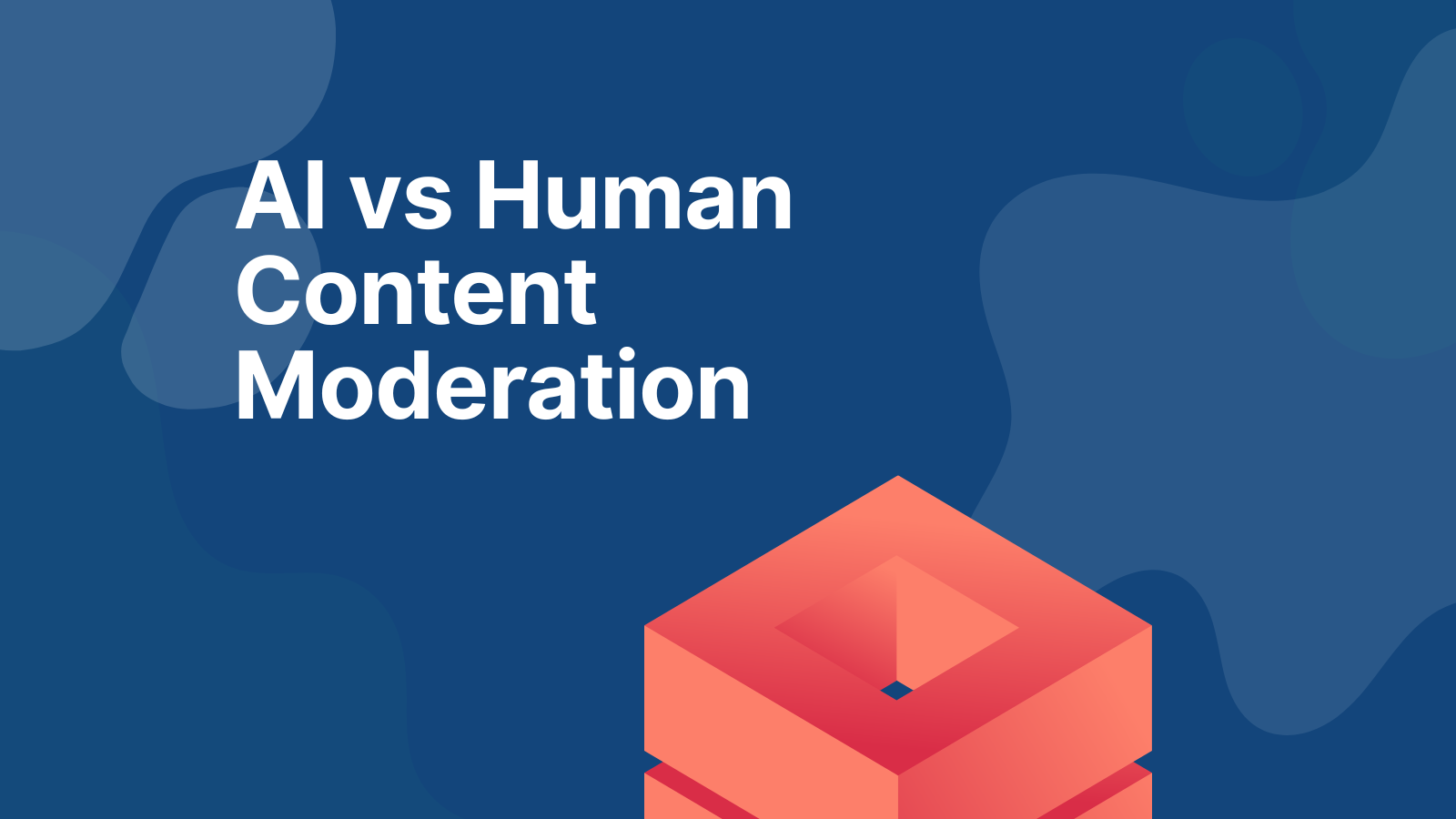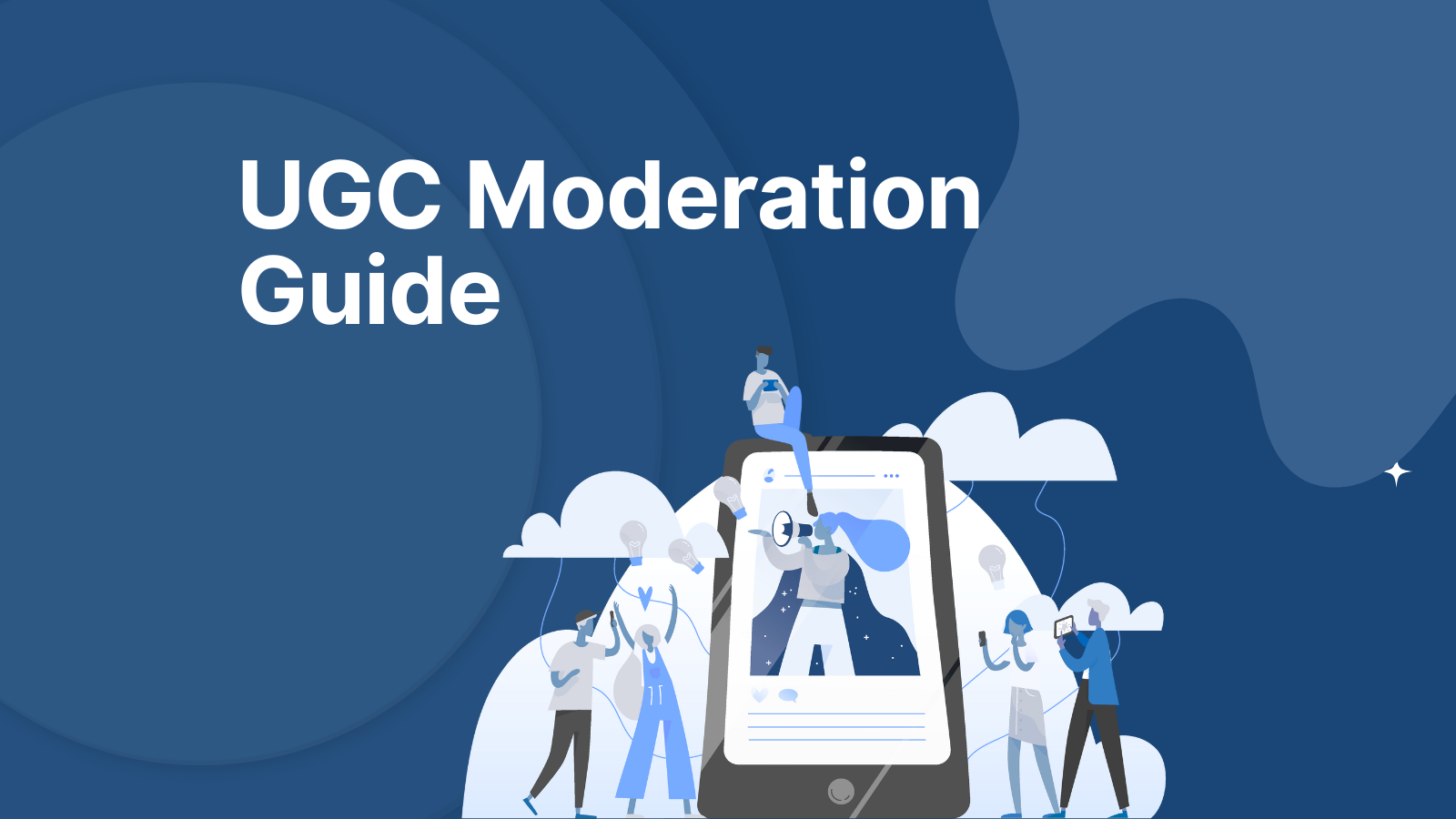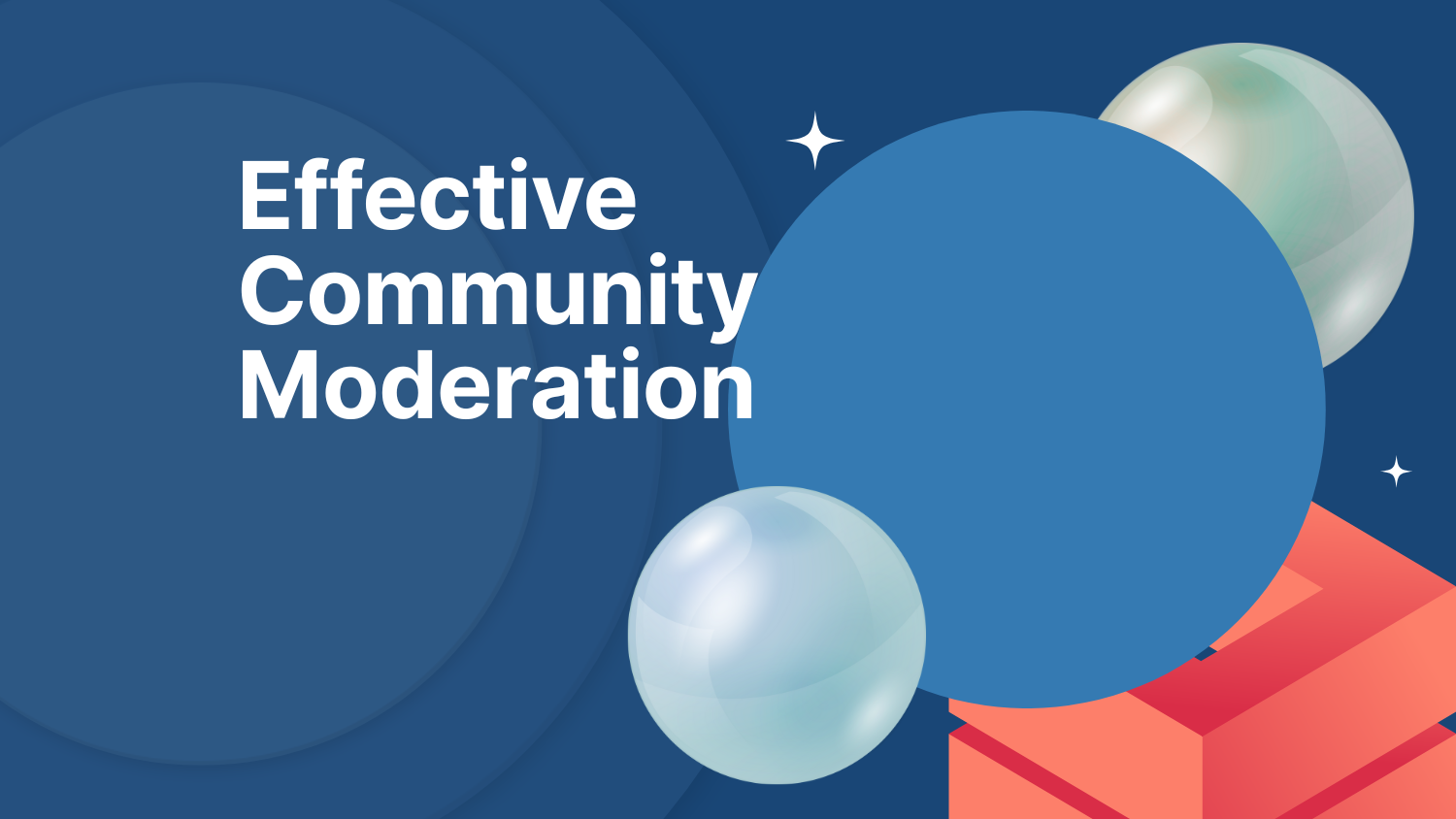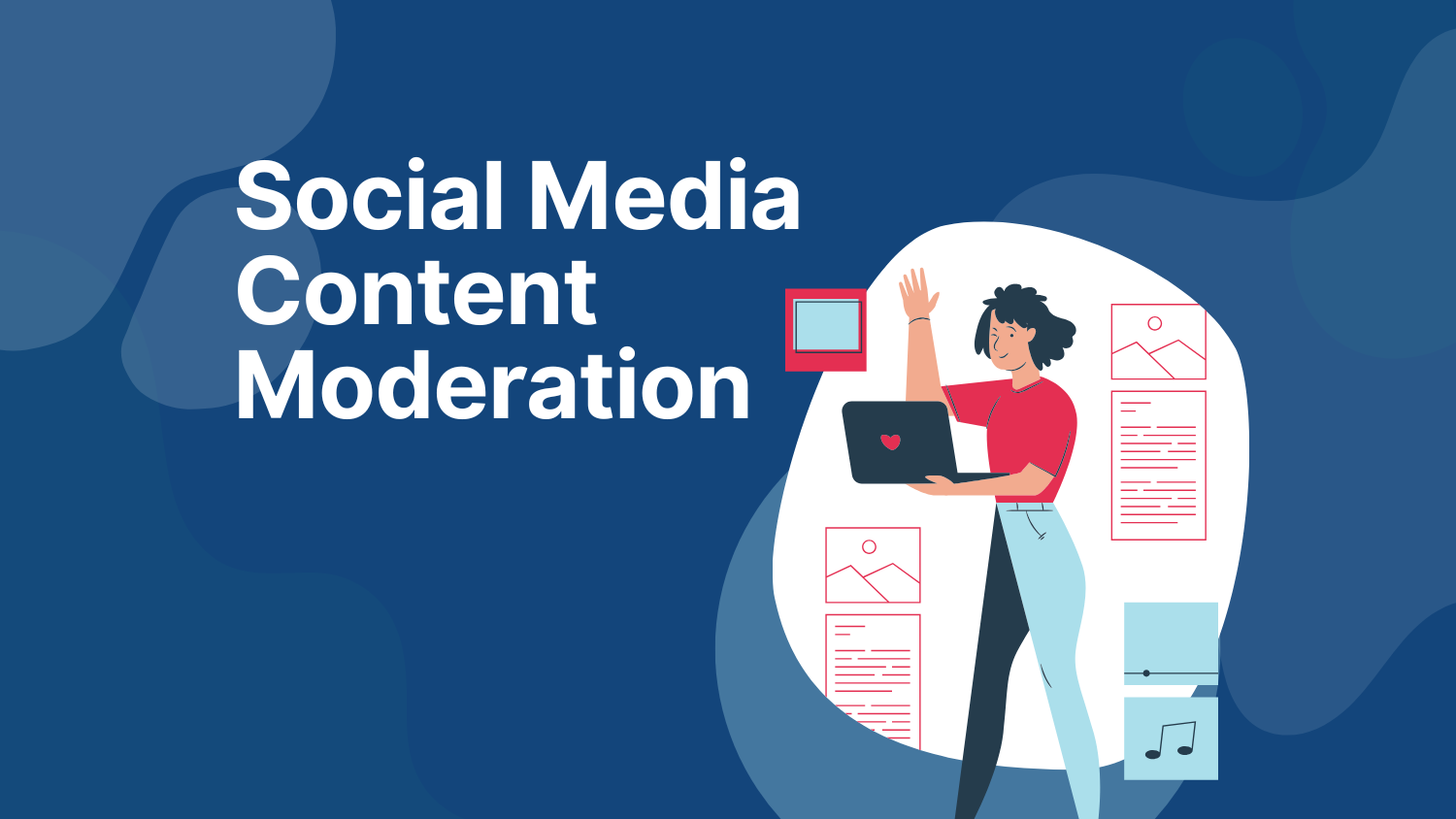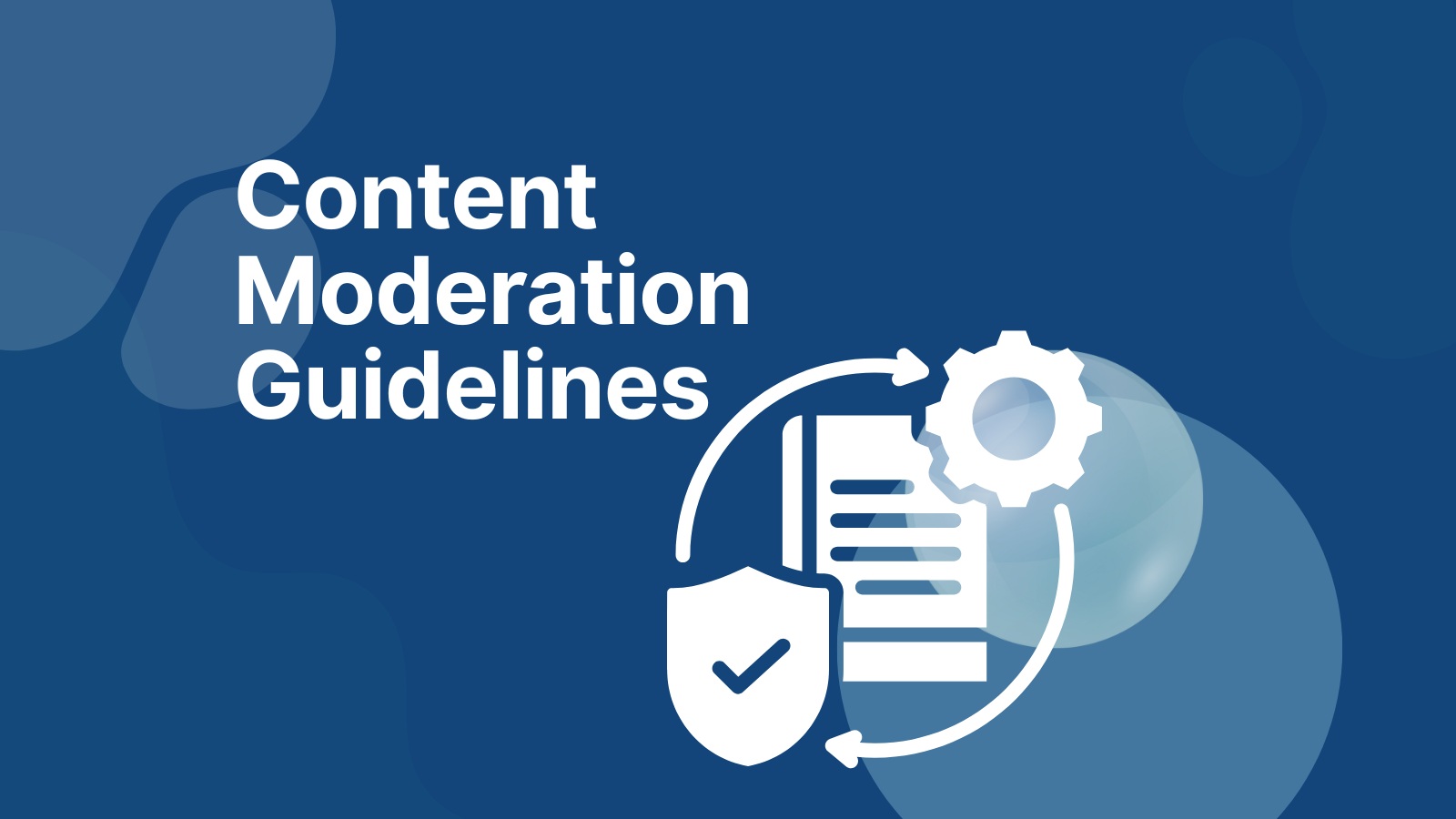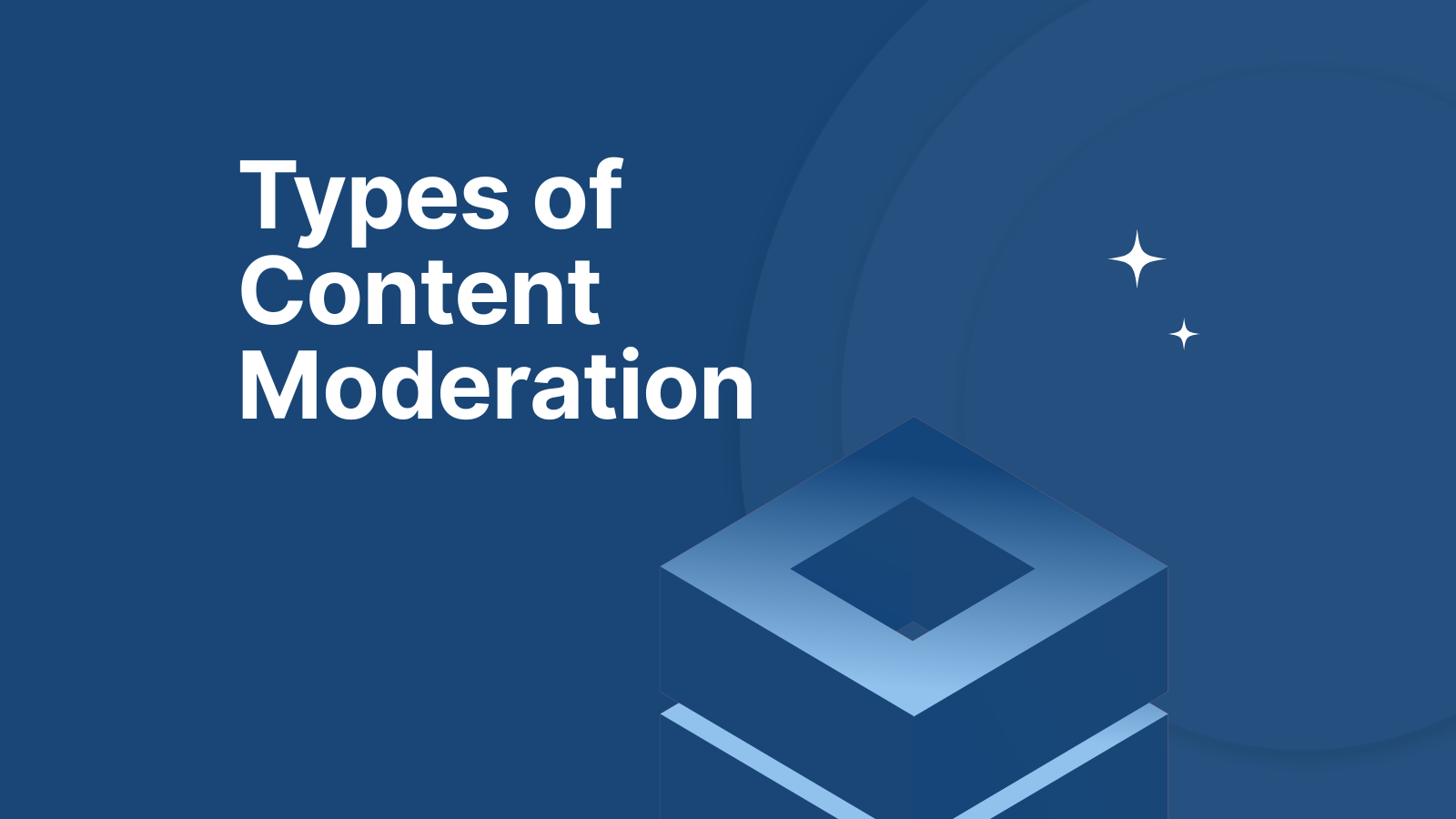The DSA is coming: How will it affect your business in the EU?

What is the DSA?
On November 16th 2022, the Digital Services Act (DSA; Regulation 2022/2065) entered into force. The DSA is a landmark law setting out a set of common rules for digital services across the EU. With the new law in force, companies of all shapes and sizes will be obliged to put in place by 2024 processes and procedures around content moderation to address illegal content and protect user rights.
Who is affected?
The DSA will apply to all intermediary services operating in the European Union, in other words every company hosting or facilitating the transmission of user generated content (UGC) in the EU. This includes, for example, internet service providers, content distribution networks, DNS services, VOIP services, web-based messaging, but also hosting services such as web hosting or cloud storage, as well as online platforms such as social networks, online marketplaces, app stores, online travel and accommodation websites, online gaming and content sharing websites, etc.
The DSA has a global impact as it applies to all companies offering their services in the EU. As such, companies do not need to have any physical presence in the Union – if they have any EU users or they market their services in Europe, they need to comply.
Timeline

What will be the impact of the DSA on businesses?
The impact of the DSA on the individual company depends on what type of services they offer. As a general rule, the more public the service and the more users it has, the more obligations they have.
- An internet access provider will have to comply with more basic requirements, for example to have clear terms of service and issue transparency reports.
- A hosting service provider (for example a cloud host) will in addition to that need to ensure that they have an effective notice and action system, and that for every user report they get, they take action and inform the relevant users.
- An online platform, which is a hosting service that makes the content public, such as in the case of social media, has an even more extensive set of rules including, among other, having set out an internal complaint handling system, providing a fast-track reporting channel for trusted flaggers and setting out measures and protections against misuse.
- Very large online platforms, those publicly facing hosting services with 45 million users or more, have in addition to all the obligations mentioned above, extensive obligations to deploy tools and processes to manage the societal risks their services pose.
Failure to comply with DSA obligations can result in fines of up to 6% of the company’s annual worldwide turnover of the preceding fiscal year.
De-Jargonisation:
With the DSA, you will likely be seeing a whole lot of jargon thrown around, and if you are feeling confused, here is a handy list of the most important definitions:
- User generated content (UGC) – This refers to content created by users that they can then share with others on the service. This can exist in multiple forms, such as text, audio, image, or video.
- Average monthly active users (MAU) will be calculated as an average over a period of 6 months. It covers users engaging with the platform at least once in a given time period. This means that the recipient has interacted with content, asked to store content, viewed content, or searched for content.
- Digital Service Coordinators (DSCs) – New national regulatory bodies who will be responsible for implementing and enforcing the obligations under the Digital Services Act. They will be designated by Member States by 2024. You will also hear a lot about the European Commission, as they will be enforcing the rules on the very large online platforms.
- Trusted Flaggers – Generally, this refers to individuals or entities that have proven expertise in flagging harmful or illegal content to online service providers. Trusted flaggers need to apply and gain status from competent authorities and are also held accountable for their actions.
Tremau and Utopia are here to help
If you want to know more about the DSA and what it means for your Business, Tremau and Utopia are here to assist you:
Tremau’s software solution provides a single trust & safety content moderation platform that offers compliance as a service and integrates workflow automation and other AI tools. The platform ensures that providers of online services can respect all DSA requirements while improving their key trust & safety performance metrics, protecting their brands, increasing handling capacity, as well as reducing their administrative and reporting burden.
Utopia AI enables the automation of UGC moderation with unprecedented effectiveness and efficiency, and it is integrated into Tremau’s platform. Tremau also offers advisory services, which can help you map and examine your current compliance level, providing a readiness assessment and a roadmap to compliance.
Coming up: In the next blogs, we will be covering the effects the DSA will have on different industries.
Want to learn more?
Check out our case studies or contact us if you have questions or want a demo.









